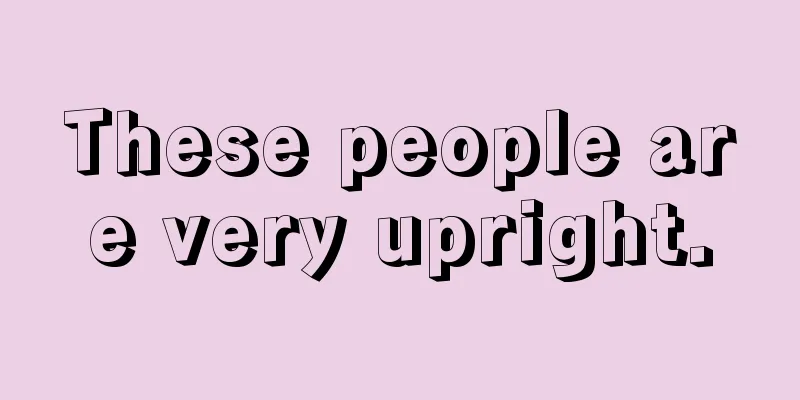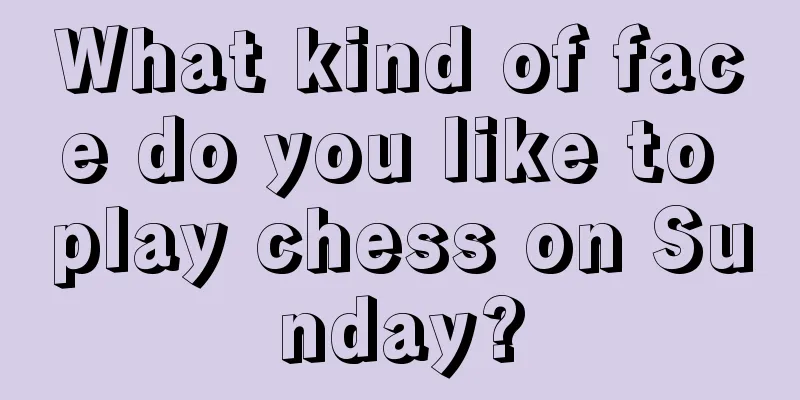From Bitcoin to blockchain to distributed ledger, what do these terms mean?

|
" What does this term mean ? It refers to an electronic payment system that is based on cryptographic authentication rather than some other trust structure . " –William 'Satoshi' Shakespeare In the beginning, it was “Bitcoin.” But Bitcoin eventually led to a naming conundrum that tested people’s understanding of it. As new technology develops and more people are exposed to it, the terminology used to describe it evolves. Initially, the term simply stood for Bitcoin. But now, everyone has a different understanding of the theoretical meaning of the following words or phrases: Bitcoin, Bitcoin, block chain, blockchain, blockchain, private blockchain, public blockchain, distributed ledger technology, distributed asset ledger, decentralized ledger technology, shared ledger, etc. To make matters more confusing, the word Bitcoin can mean different things to different people. What exactly happened to cause this change in language? First of all, Bitcoin means "coin". People will naturally think of currency, and using it as a currency is undoubtedly the most successful. But the application of Bitcoin is by no means limited to currency. While it intuitively makes sense to use Bitcoin as a currency, trying to convince someone to use Bitcoin for asset transfers, custody services, or logistics management is not so simple. Furthermore, the new technology’s leading advocates are unproven. Generally, if someone has heard of Bitcoin, they have also heard of the failed Mt Gox exchange or believe that Bitcoin is a currency used to buy illegal drugs or hire assassins. How do you get people to forget about defunct exchanges, drugs, and hit men? Get them to focus on “Bitcoin technology” and think about other potential applications. Once the conversation went beyond the meaning of currency, people started searching for a new term – blockchain. The rise of blockchain Negative press and confusion have led people to believe that blockchain is an innovative technology that emerged from the Bitcoin phenomenon. The blockchain is the chain of transactions that generate Bitcoin. The term refers to a collection of Bitcoin transactions that are grouped together and linked cryptographically. This linking makes it nearly impossible for someone else to forge a Bitcoin transaction. In a sense, blockchain provides a truly distributed trust and distributed consensus framework, but reorienting or shifting people's attention towards blockchain and away from Bitcoin may just be a marketing ploy. Many people believe that there is no way to distinguish between blockchain and Bitcoin. You cannot separate Bitcoin into its component parts because the parts do not work the same way independently of each other. In other words, the whole is greater than the sum of its parts. Whether it is true or not, this is what people have done. People have been dismissing Bitcoin as boring while exaggerating the many benefits of blockchain. Major banks, financial exchanges and the “Big Four” consulting firms have all released reports on blockchain technology. There are hundreds of blockchain startups being created. Backend service issues related to large institutions, digital identity, asset transfer, custody, and logistics are all being solved with blockchain solutions. There are even proposals to use blockchain to track pork. These companies are building real innovative work. But for many observers, the term "blockchain" is still associated with the concept of Bitcoin. So if a company describes an innovation that leverages blockchain, they must distinguish between Bitcoin and the Bitcoin blockchain. How can blockchain companies talk about the work they do without referencing Bitcoin or other blockchains? The answer is to talk about ledger technology. The arrival of distributed ledger technology Ledgers can record transactions between multiple parties. Ledgers are the main building block of Bitcoin and blockchain. And they benefit from it because they are generally considered a safe and reliable tool in an accountant's toolbox rather than a technological innovation that enables Bitcoin applications. However, there is still considerable debate about whether this is possible or desirable. For early adopters, Bitcoin cannot exist without its distributed trust and consensus architecture and immutable properties, but many new industry participants view the technology as an autonomous choice. They are free to decide on many concepts, including: permissioned vs permissionless, public vs private, tokens vs no tokens, etc. Today, any institution or organization that deals with ledgers is free to discuss Bitcoin or blockchain-related concepts. Even the Federal Reserve touted ledgers in their recent “Distributed Ledger Technology” report. Hundreds of new blockchains and ledgers have been created over the past two years. While they all leverage the basic concepts of Bitcoin, their purposes and the language used to describe them have diverged widely. This conceptual repackaging is likely to continue for some time. What does all this mean ? This story goes from Bitcoin to blockchain to distributed ledger technology. Some companies may be involved in all areas, while others may only be involved in one of them. Despite these evolutions and upheavals, Bitcoin remains at the core of the discussion. Whether Bitcoin, blockchain, and distributed ledgers will be adopted and further developed, or consigned to the dustbin of history remains to be seen. The repeated re-branding that Bitcoin has experienced is a testament to the strength of the technology. Other blockchains or related technologies may rise or fall, but Bitcoin’s inertia and first-mover advantage will continue to make it the most relevant cryptocurrency, blockchain, and ledger. |
<<: Coin Zone Trends: Bitcoin Price Trends Based on Big Data This Week (2017-02-16)
>>: Microsoft and KPMG launch blockchain innovation workshop
Recommend
What kind of people love to be different on the inside and outside? Physiognomy analysis
Speaking of being inconsistent in appearance and ...
A woman was defrauded by investing in "Bitcoin speculation" and the Wangcheng police promptly recovered more than 500,000 yuan
November 18th news: "I regret it so much now...
Gu Yanxi: A brief analysis of the causes and impacts of the SEC's lawsuit against Ripple
The SEC has just started its case against Ripple....
When you meet a man with what kind of face, you should take the initiative first?
What kind of man should strike first? Inward hair...
Buddha Heart Pattern People with Buddha Heart Pattern on their thumbs have a particularly sensitive sixth sense.
Everyone's palm lines are different. In palmi...
The fate of the matchmaker's mole, is it good or bad?
Regardless of whether some moles on the face are ...
What does long toes mean? How to tell your fate from the length of your toes
Our bodies and hair are inherited from our parent...
Do you know how your face will change when your luck gets better?
Our fortune is not static. It will develop differ...
Is it true that people with moles on their foreheads will have bad luck with their parents' careers?
In fact, there are many connections between peopl...
Are people with moles on their eyebrows really organized?
People with moles on their eyebrows are generally...
Women prone to infertility
Infertility problems are becoming more and more c...
What does it mean when a man has a mole on his glans? Is it a good omen?
Everyone has moles on different parts of their bo...
Women with big mouths have good relationships with friends
We all encounter many difficulties and obstacles ...
Is it good for a woman to have high cheekbones?
Each of us has different cheekbones, and high che...
How to tell peach blossom from face
A person's luck in love can be seen from his ...









